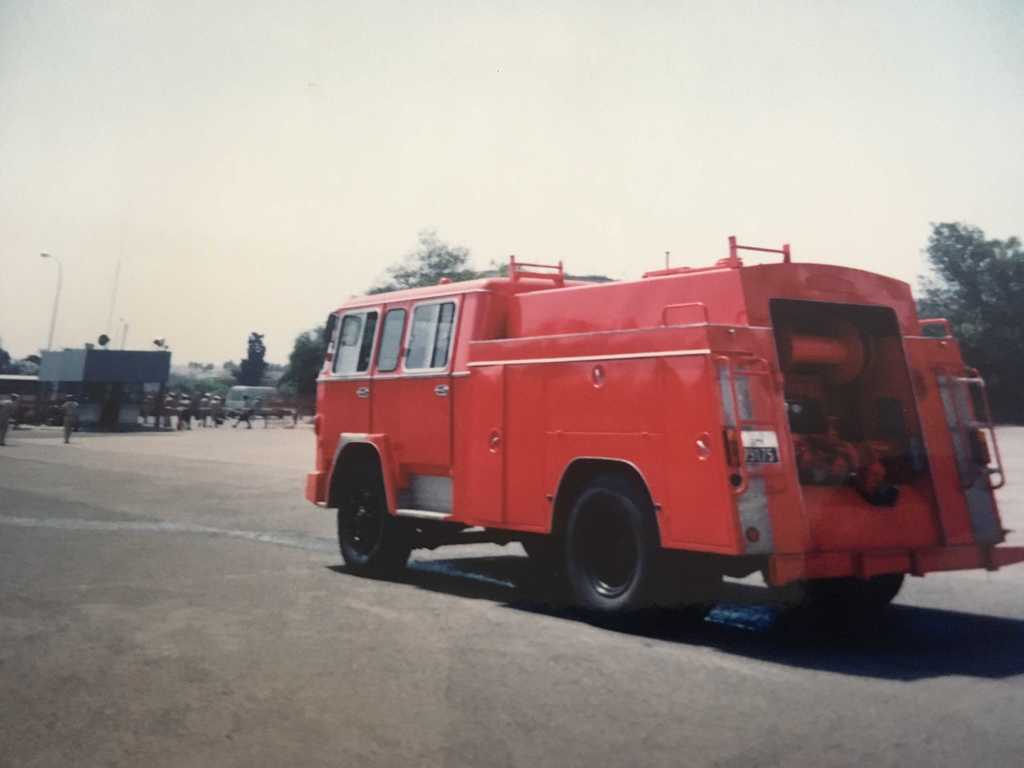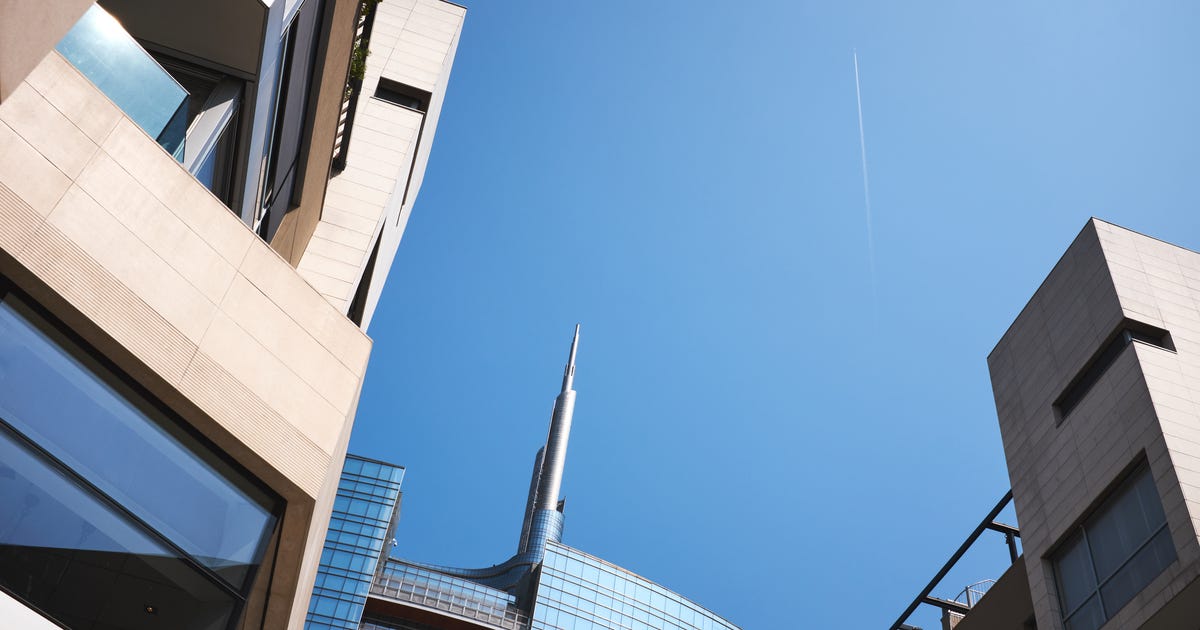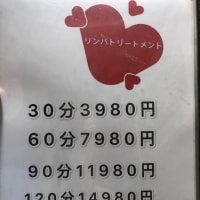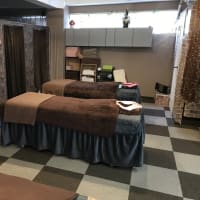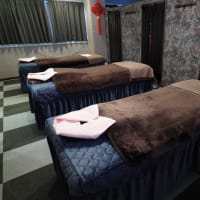The survey of fire fighting situation in Rabat, Morocco
These photos are part of a business trip from Senegal to the Rabat fire department.
At that time, Morocco was out of the ODA target countries.
All vehicles provided were made by CAMIVA, a French fire manufacturer. The Fire Department was well organized, had a maintenance plant and was fully equipped with repair parts.
This fire department is considered to be the same situation now. We asked the Fire Department about using Japanese-made fire fighting vehicles.
The fire department's answer is, "If you can even fix the fittings to fit the Storz type, We would like to use a Japanese-made fire engine. However, because we already use these French vehicles and adapt the system to them. It is difficult to use Japanese-made vehicles. "
CAMIVA









About ODA
Official development aid (ODA) is a term coined by the Development Assistance Committee (DAC) of the Organisation for Economic Co-operation and Development (OECD) to measure aid. The DAC first used the term in 1969. It is widely used as an indicator of international aid flow. It includes some loans.
Most ODA comes from the 30 members of the DAC, or about $135 billion in 2013. A further $15.9 billion came from the European Commission and non-DAC countries gave an additional $9.4 billion. Although development aid rose in 2013 to the highest level ever recorded, a trend of a falling share of aid going to the neediest sub-Saharan African countries continued.

About Morocco
Since the foundation of the first Moroccan state by Idris I in 788 AD, the country has been ruled by a series of independent dynasties, reaching its zenith under Almoravid and Almohad rule, when it spanned parts of Iberia and northwestern Africa. The Marinid and Saadi dynasties resisted foreign domination into the 17th century, allowing Morocco to remain the only northwest African country to avoid Ottoman occupation. The Alaouite dynasty, which rules to this day, seized power in 1631. The country's strategic location near the mouth of the Mediterranean attracted Europeans interest, and in 1912, Morocco was divided into French and Spanish protectorates, with an international zone in Tangier. It regained its independence in 1956, and has since remained comparatively stable and prosperous by regional standards, with the fifth largest economy in Africa.
<iframe class="card-wrapper" src="https://muragon.com/card/viewCardInfo?image=https%3A%2F%2Fupload.wikimedia.org%2Fwikipedia%2Fcommons%2Fthumb%2F2%2F2c%2FFlag_of_Morocco.svg%2F1200px-Flag_of_Morocco.svg.png&favicon=https%3A%2F%2Fen.wikipedia.org%2Fstatic%2Ffavicon%2Fwikipedia.ico&title=Morocco%20-%20Wikipedia&url=https%3A%2F%2Fen.wikipedia.org%2Fwiki%2FMorocco&target=_self" scrolling="no" height="87" data-card="link"></iframe>


About Yellow fever
Yellow fever vaccine is recommended for people who are 9 months old or older and who are traveling to or living in areas at risk for yellow fever virus in Africa and South America.
When traveling or traveling to Africa, some countries require you to vaccinate against cholera or yellow fever.






About TICAD
When the Cold War ended, developed countries' interest in providing assistance to Africa began to wane. Under such circumstance, it was Japan that argued for the importance of Africa, and TICAD was the proof of Japan taking action. Nowadays, there are various fora through which many countries engage themselves with Africa, but TICAD launched by Japan was the forerunner of such fora for African development.
Over the course of more than 20 years since TICAD I in 1993, the forum has a track record of improving social and economic conditions in Africa mainly through grant aids and technical assistance. In the five years starting from fiscal year 2008, the government of Japan built 1,321 elementary and middle schools, improved 4,778 healthcare and medical facilities, and provided safe water to additional 10.79 million people.
TICAD stands for Tokyo International Conference on African Development. The government of Japan has been leading this conference since 1993, co-hosted by United Nations, United Nations Development Programme (UNDP), World Bank and African Union Commission (AUC). This year's TICAD was held on 28th - 30th August, 2019 at Pacifico Yokohama, Yokohama city, Japan.
TICAD, a key investment forum aimed at strengthening Japan-Africa economic and political relations, was taken place at a time when Japanese firms have increased their investments locally.
UNCTAD came to an end with the endorsement of “Nairobi Azimio” and “Nairobi Maafikiano”, two documents that provide a set of trade and development issues to be tackled in the next four years.
The Azimio document, derived from the Kiswahili word for “vision”, will act as a declaration of guiding principles for UN members on issues of trade while the Maafikiano one sets out obligations for each member state and UNCTAD itself.
"The Prime Minister of Japan, Shinzo Abe, will attend. He will open the conference with President Uhuru Kenyatta,” said Manoah Esipisu, the State House spokesperson on Sunday.
The Summit will have three main themes: promoting structural economic transformation through economic diversification and industrialization, promotion of resilient health systems for quality of life and promotion of social stability.”
Since its inception over two decades ago, TICAD has evolved into a major global forum for mobilizing international support for development in Africa under the principles of African ownership and international partnership.
The forum has never been held outside Tokyo. The conference will be held a month after the high profile UNCTAD14 that saw over 7,000 delegates gather in Nairobi to discuss trade and development issues, sign deals and set working targets for UN member states.
Delegates agreed that countries UNCTAD needs to offer more assistance in order for them to achieve the sustainable development goals (SDGs), a set of development targets agreed by the UN to be achieved by 2030.
They also decided that the agency should mobilize additional financial resources for developing countries from “multiple sources.”

We, SK laboratory will do overseas business trip surveys and also support trade of import & export.
【阪本研究所 SK laboratory】Yao city, Osaka, Japan
(Representative) Kazuyoshi Sakamoto
https://kazuyoshi10000.wixsite.com/kazu1000
Contact : kazuyoshi.sakamoto10000@gmail.com
